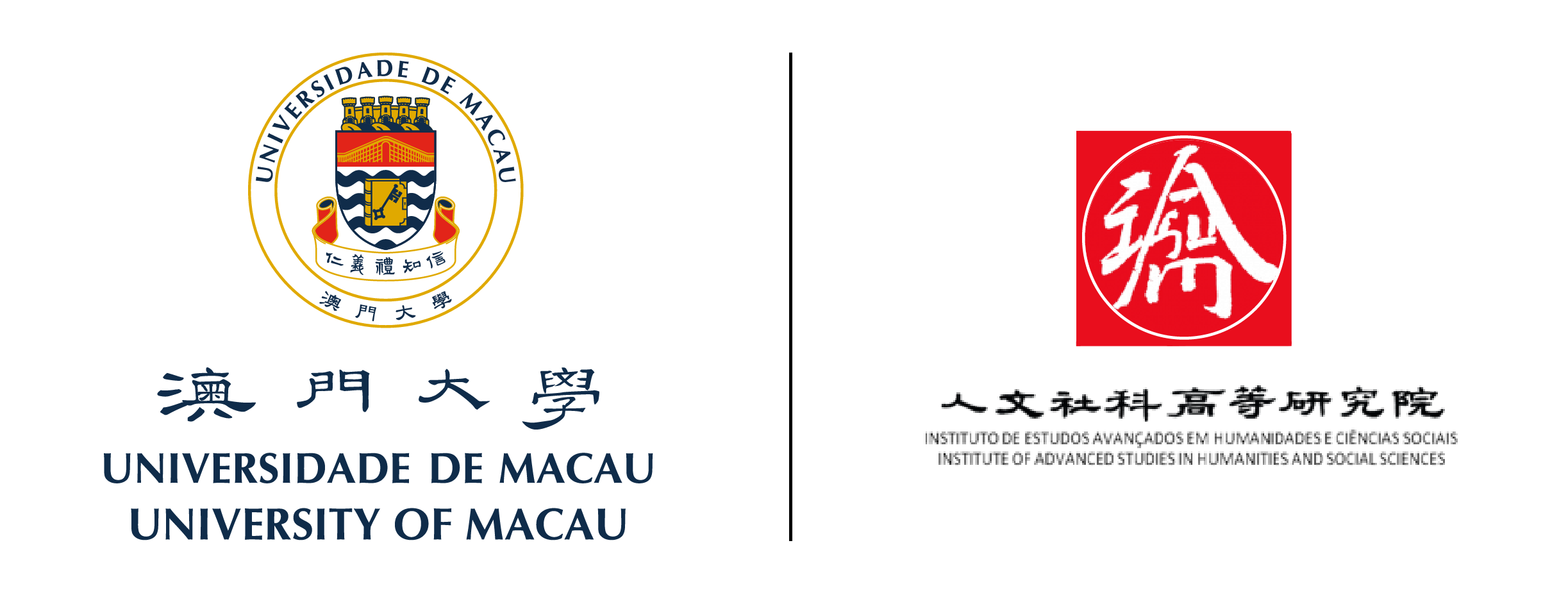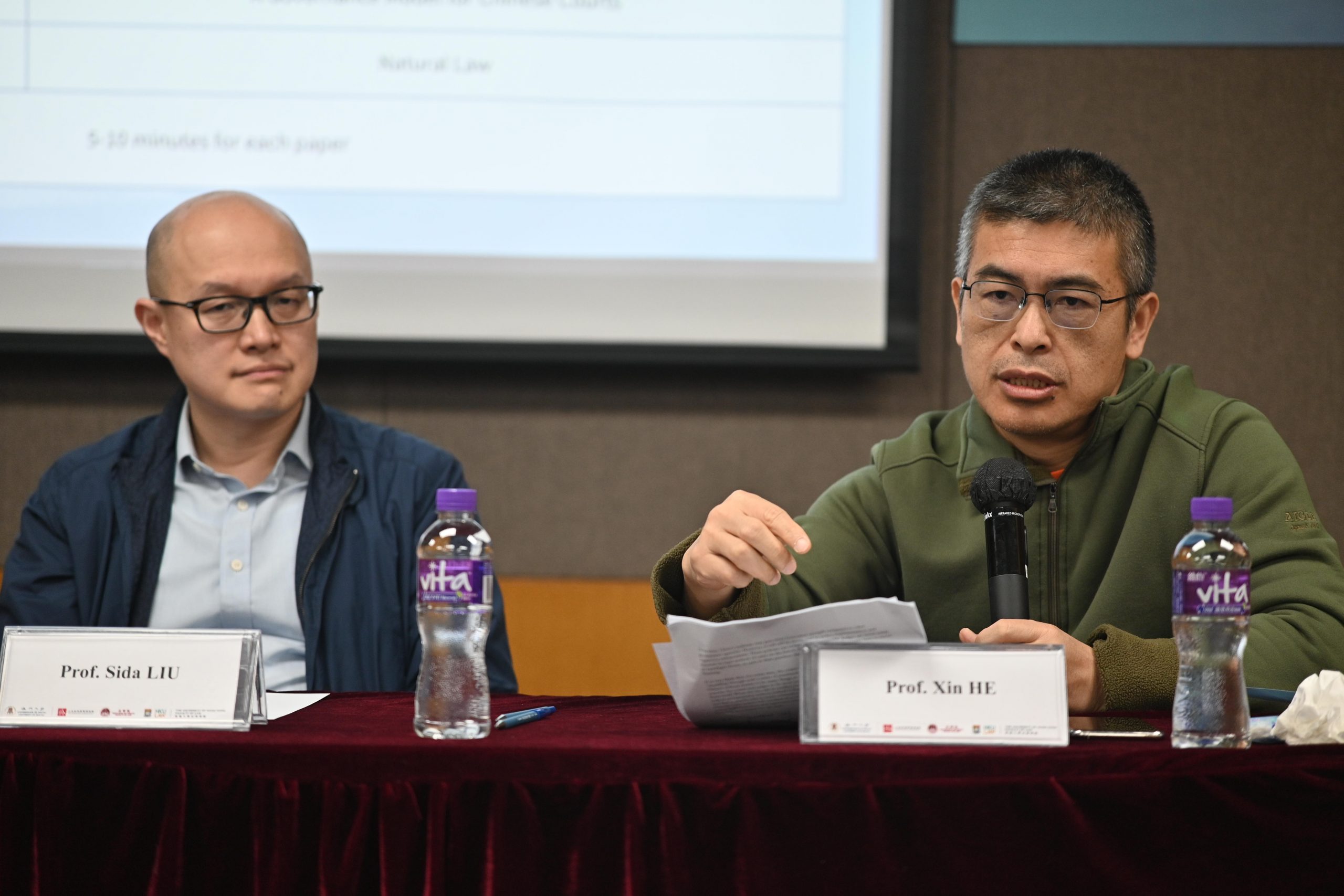
From January 17 to 18, the International Forum on Tradition and Modernization: Continuities and Changes in Chinese Legal Thought was successfully held at the UM Gallery auditorium (E1), co-organized by the Institute of Advanced Studies in Humanities and Social Sciences (IAS) and Faculty of Law (FLL) of the University of Macau, and Faculty of Law of the University of Hong Kong. This forum invited more than 20 scholars from the University of Hong Kong, the Chinese University of Hong Kong, Peking University, Fudan University, Harbin Engineering University, and the University of New South Wales and other institutions to participate both in person and online.
During the opening ceremony, Professor Xingzhong Yu, Director of IAS and Chair Professor of Global Legal Studies of FLL at the University of Macau, emphasized that the event is not just an academic conference, it serves as a platform for sharing book chapters, where authors receive constructive feedback and ideas. Professor Albert Hung-yee Chen, Cheng Chan Lan Yue Professor and Chair of Constitutional Law in the Department of Law of the University of Hong Kong, highlighted the importance of Chinese legal thought and the upcoming book publication on this topic.
The forum was divided into two parts: traditional Chinese legal thought and contemporary legal thought, with six panel discussions. The discussions covered a wide range of topics, including Confucian legal thought, Legalism, Mozi’s legal thought, the relationship between virtue and law, and the influence of Buddhism on legislative analysis.
The forum highlighted how traditional Chinese philosophies, such as Confucianism and Legalism, have influenced historical legal practices and continue to shape modern legal thought in China. Professors also emphasized the ongoing debates about the applicability of these philosophies in contemporary legal contexts and their potential impact on governance, human rights, and judicial practices.
Last but not least, the conference delved into topics such as feminist jurisprudence in China, the development of law and economics studies, the roles of mediation in the Chinese legal system, and the evolution of constitutional scholarship in the country. These discussions provide valuable insights into the rich tapestry of legal traditions and debates within China, offering perspectives that blend classical philosophies with modern legal frameworks.
Overall, the forum offers a comprehensive exploration of Chinese legal thought, from its historical roots to its relevance in addressing contemporary legal challenges and fostering international cooperation. It also explores the interplay between traditional Chinese legal concepts and contemporary legal reforms, emphasizing the importance of understanding China’s legal philosophies and practices.







